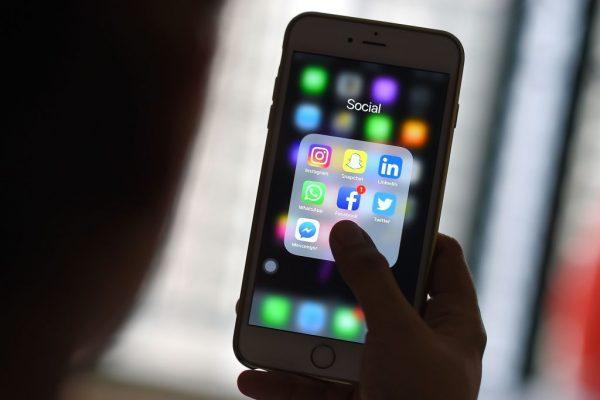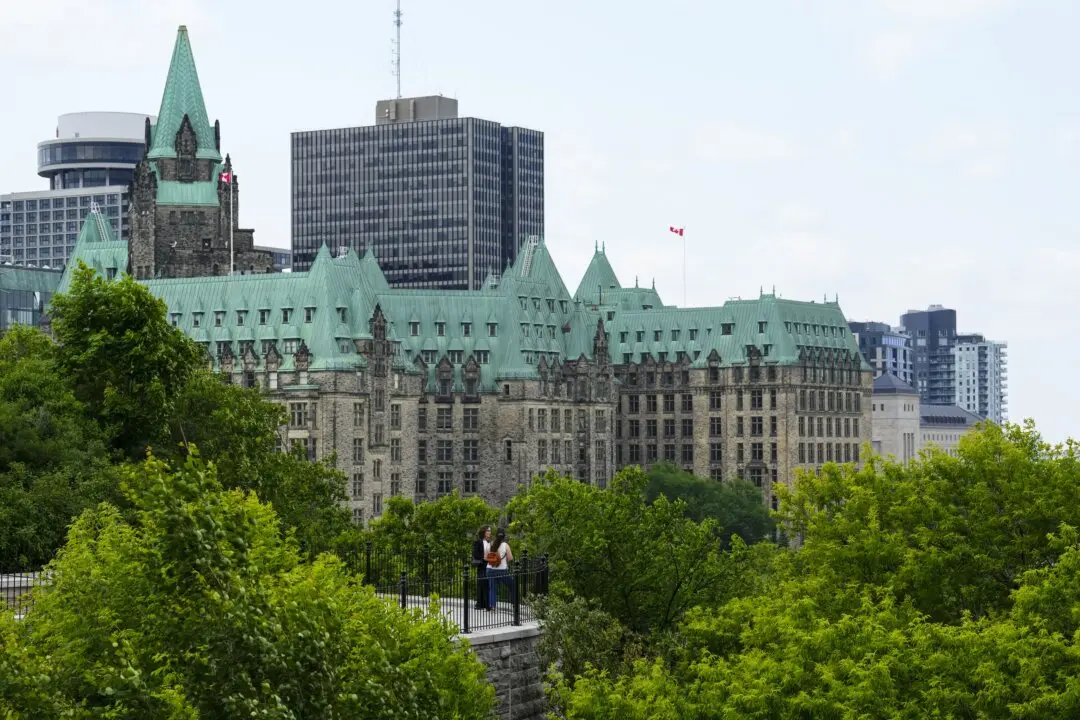Students in Nova Scotia will have to leave their phones tucked away when classes start again in the fall after the province announced a new policy to limit the use of the devices.
All students will be required to turn off their devices and put them “out of sight” during instructional time, according to a June 6 government news release.





